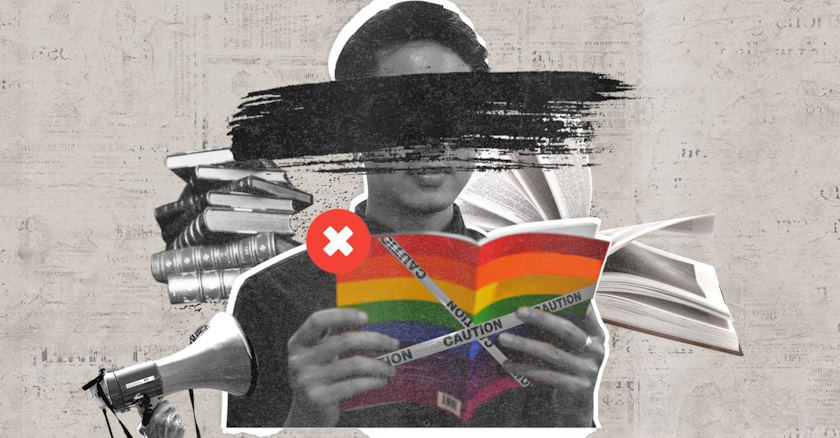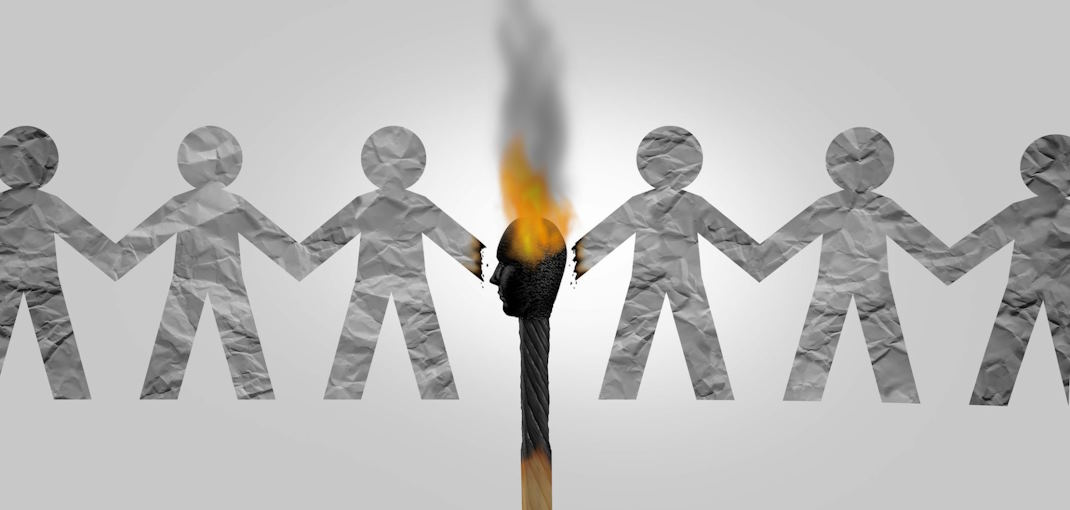
Education plays a pivotal role in shaping societies and nurturing individual capabilities. Beyond imparting knowledge and skills, education serves as a catalyst for individual autonomy and liberty. It lays the foundation for a free society by cultivating critical thinking, promoting understanding, and empowering individuals to make informed decisions. This article explores education’s crucial role in fostering a culture of freedom and its journey towards achieving a free society.
Education as a Catalyst for Individual Autonomy and Liberty
Empowering Critical Thinking
Education encourages critical thinking, enabling individuals to analyze, question, and understand the world around them.
Key Benefits:
- Independent Thought: Fosters the ability to think independently and form personal opinions.
- Informed Decisions: Equips individuals with the skills to make informed and rational decisions.
Promoting Self-Determination
Through education, individuals gain the knowledge and confidence to govern their own lives and pursue their goals.
Key Components:
- Knowledge and Skills: Provides the essential tools needed for personal and professional success.
- Confidence: Builds self-esteem and confidence, empowering individuals to take control of their futures.
Encouraging Lifelong Learning
Education instills a love for learning, encouraging individuals to continually seek knowledge and self-improvement.
Key Elements:
- Curiosity: Fosters a natural curiosity and desire to learn.
- Adaptability: Prepares individuals to adapt to changing circumstances and new challenges.
Education’s Journey Towards a Free Society
Historical Perspective
Education has long been recognized as a driving force for freedom and social progress.
Key Milestones:
- Enlightenment Era: Emphasized reason, science, and the importance of education in human development.
- Modern Movements: Education reforms and movements advocating for universal access to education.
Building Democratic Values
Education promotes democratic values, teaching the principles of equality, justice, and civic responsibility.
Key Aspects:
- Civic Education: Informs individuals about their rights and responsibilities as citizens.
- Social Awareness: Encourages awareness of social issues and active participation in democratic processes.
Reducing Inequality
Education helps bridge social and economic divides, promoting equal opportunities for all.
Key Actions:
- Access to Education: Ensures that education is accessible to all, regardless of socioeconomic status.
- Inclusive Policies: Implements policies that support marginalized and disadvantaged groups.
Education’s Crucial Role in Cultivating Freedom
Developing Informed Citizens
Education equips individuals with the knowledge needed to participate fully in society and exercise their freedoms.
Key Outcomes:
- Informed Electorate: Educated citizens are better equipped to make informed voting decisions.
- Active Participation: Encourages active participation in community and political activities.
Promoting Social Cohesion
Education fosters understanding and tolerance, which are essential for a harmonious and free society.
Key Contributions:
- Cultural Awareness: Promotes understanding and appreciation of diverse cultures and perspectives.
- Conflict Resolution: Teaches skills for resolving conflicts peacefully and constructively.
Enabling Economic Freedom
Education opens doors to economic opportunities, contributing to financial independence and freedom.
Key Benefits:
- Employment Opportunities: Provides the skills and qualifications needed for gainful employment.
- Entrepreneurship: Encourages entrepreneurial thinking and the creation of new businesses.
Education is a powerful tool for fostering a culture of freedom. By promoting critical thinking, self-determination, and lifelong learning, education empowers individuals to live autonomously and make informed decisions. Historically, education has been a driving force for social progress and democratic values, reducing inequality and building a foundation for a free society. Today, its role remains crucial in developing informed citizens, promoting social cohesion, and enabling economic freedom. As we continue to advance and reform educational systems, we must recognize and embrace its fundamental role in cultivating freedom and ensuring that every individual has the opportunity to thrive in a free and just society.


